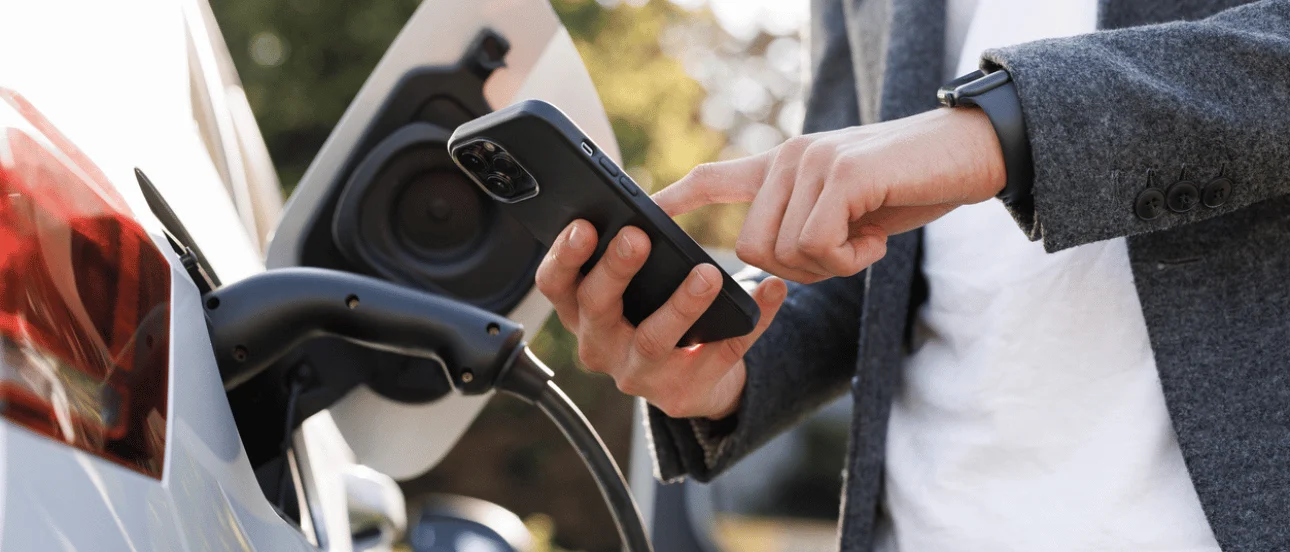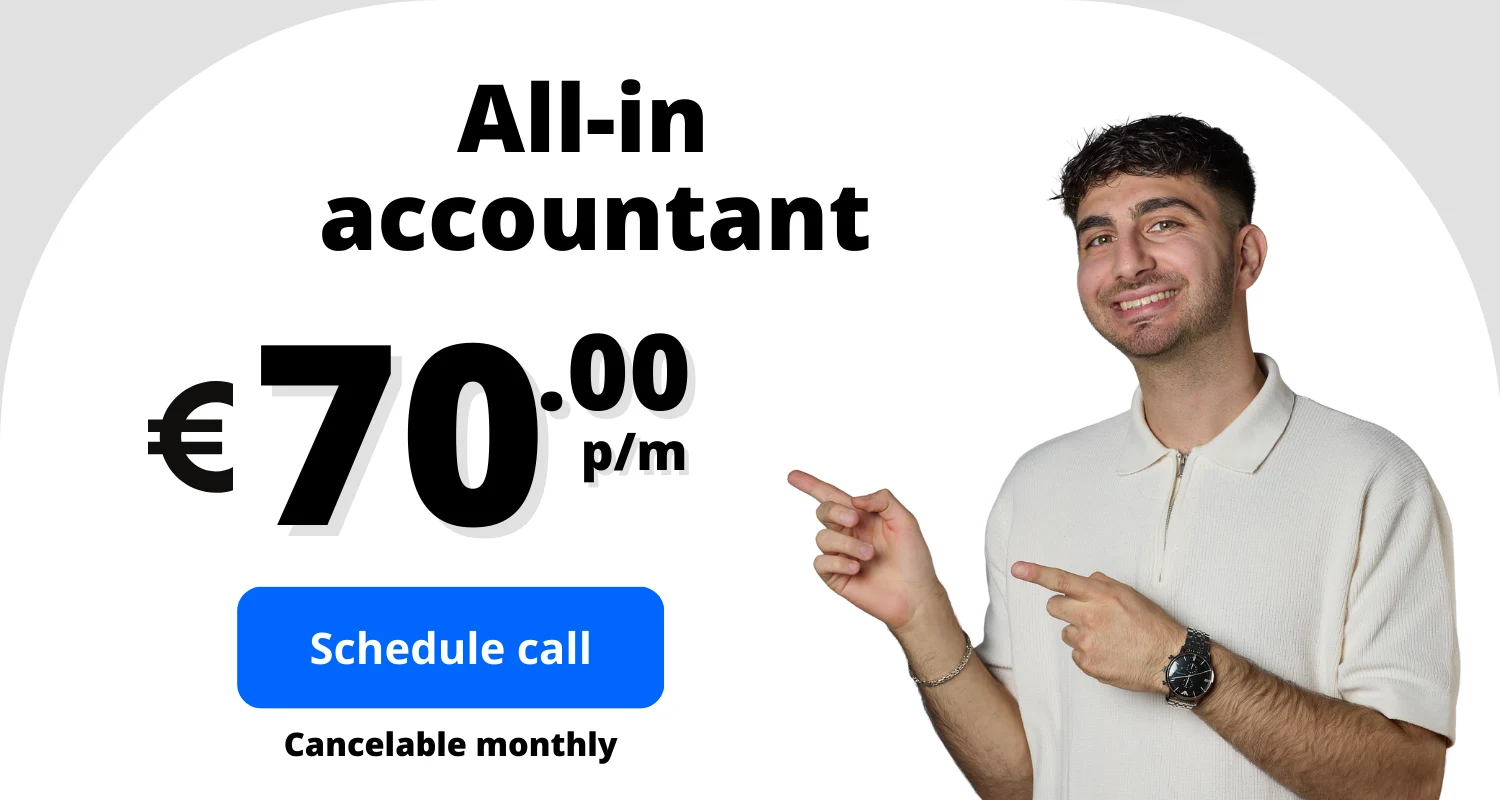What is a business charge card?
A business charging card helps you record your charging costs centrally and process them on a business basis. You use the card at charge points in the Netherlands and possibly abroad. You get one invoice with which you can deduct VAT. The government does not require a charge card but sees it as part of proper administration. The pass prevents loose receipts and makes your trips and charging costs transparent for your accounts.
Advantages and disadvantages
The pros and cons of a business charge card are clearly shown in the table below.
| Section | Advantages | Cons |
| Use | No need to keep loose receipts | You are stuck with the pass for all charging fees |
| Overview | You get one collective invoice per month | You sometimes have to wait for the charging station to register it |
| Tax | All costs are neatly arranged in one invoice | You have to correct private use |
| Convenience | Charging at many poles in the Netherlands | Foreign is not always included |
Cost
Costs vary from provider to provider. You often pay a monthly fee between three and six euros. Some passes are free but charge a starting fee per session. Charging rates are set by the charge point and not by the pass provider. You pay the costs via a monthly invoice that you include in your accounts. You can deduct the VAT on business charging costs if the car is used for business purposes. For private cars, you have to take into account a correction.
Compare charge cards
Here you can see the biggest business charging cards for sole traders with their key features.
| Provider | Subscription | Network and coverage | VAT invoice |
| ANWB | €3.99 per month or free | Netherlands and Europe, including Fastned and Shell | Yes |
| Shell Recharge | Free | More than three hundred thousand charging points in Europe | Yes |
| SME Fuel | €7.60 per month | Netherlands, Belgium and Luxembourg plus option for Europe | Yes |
Please note that with many providers, additional charges such as starting tariffs or CPO-dependent tariffs apply, these vary by charge point and provider.
Charging pass with or without subscription?
A charge card without a subscription is convenient if you drive little or charge little. You usually pay a starting rate per session but no fixed costs. If you do a lot of kilometres, a pass with subscription is often more favourable as you do not pay a starting rate and have more stable tariffs. Always choose a pass with roaming if you drive abroad. Check that your supplier correctly specifies VAT on charging sessions within the European Union. This is necessary for your administration.
Apply for charge card
You apply for a business charge card from the provider via their website. You fill in your company details, Chamber of Commerce number and registration number. The card will be sent to your home address. After activation, you can immediately charge at connected charge points. Keep the monthly invoices in your records so you can deduct VAT. The tax authorities require that your costs are business expenses and that your trip registration is correct if you use a private car for business purposes.






